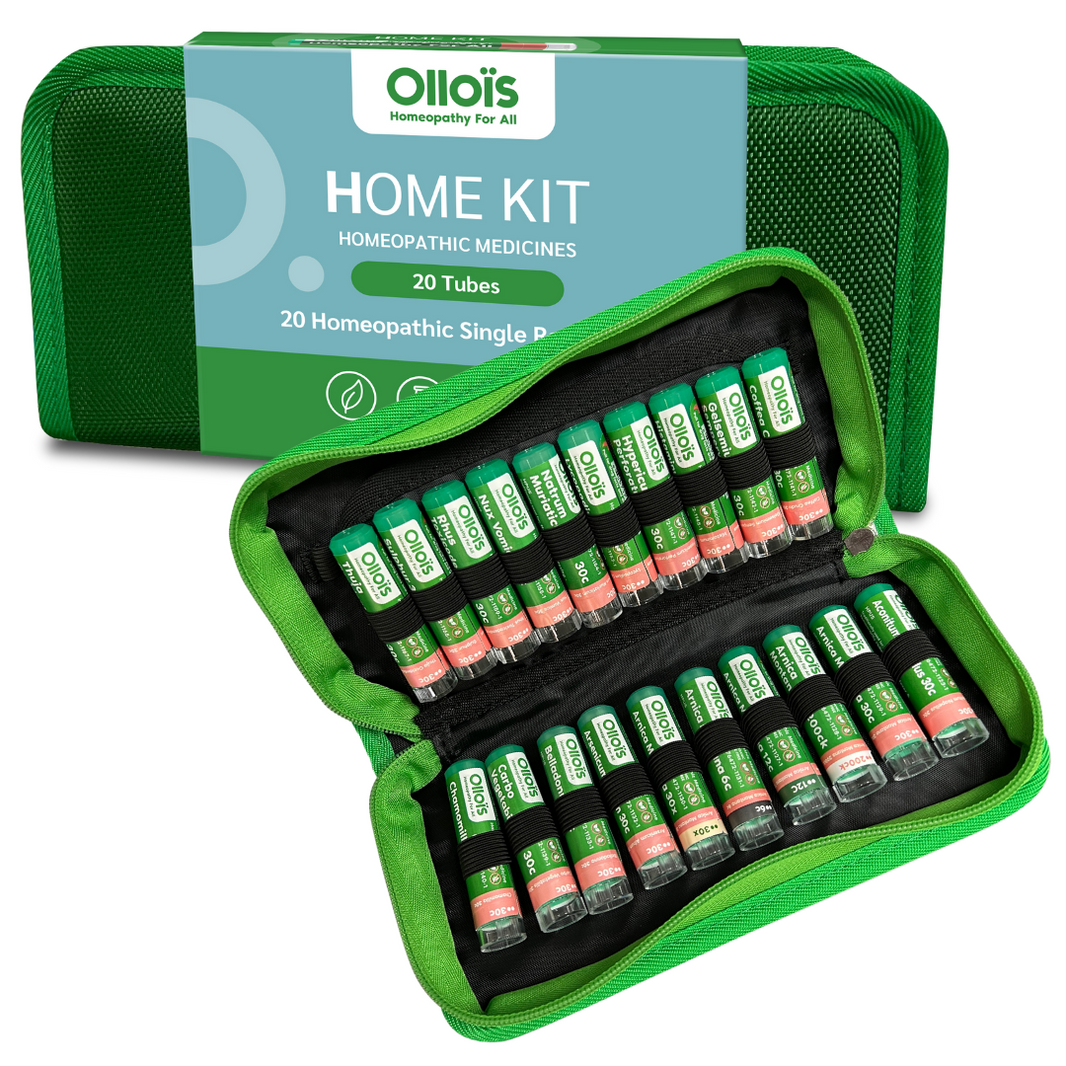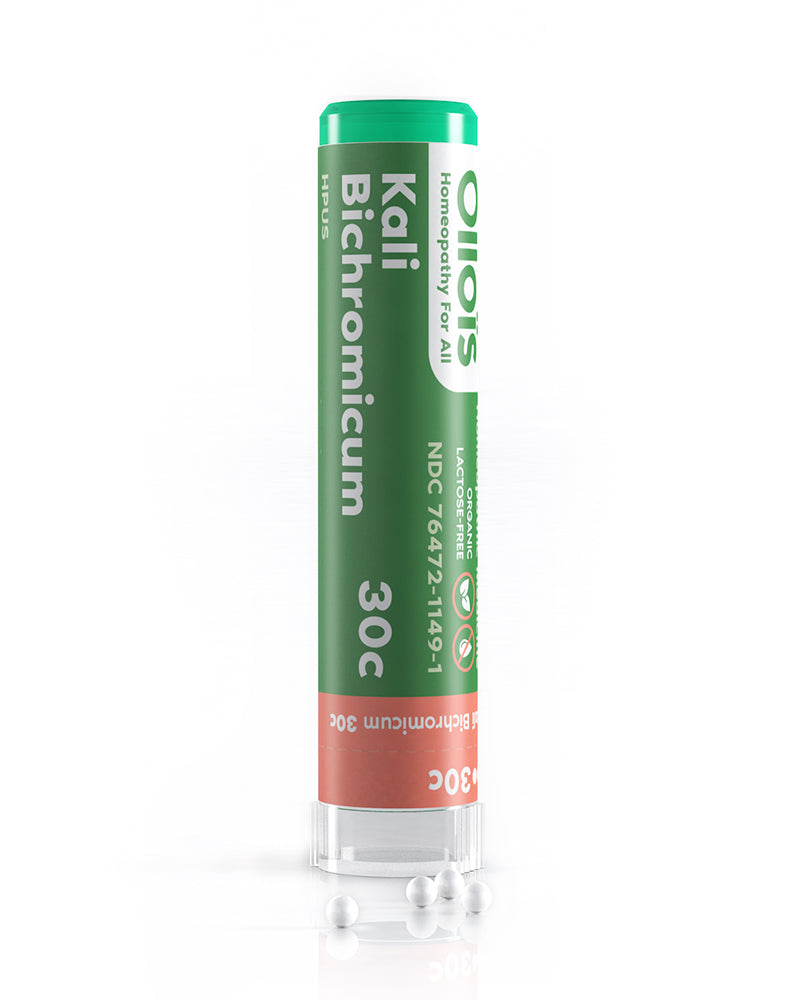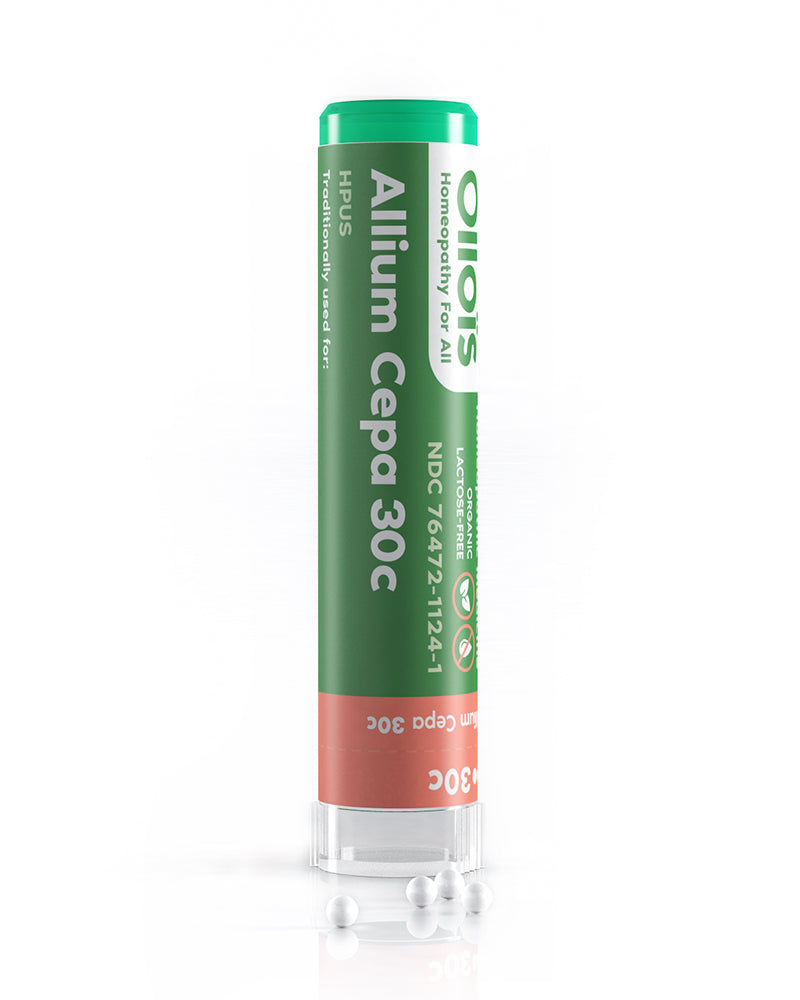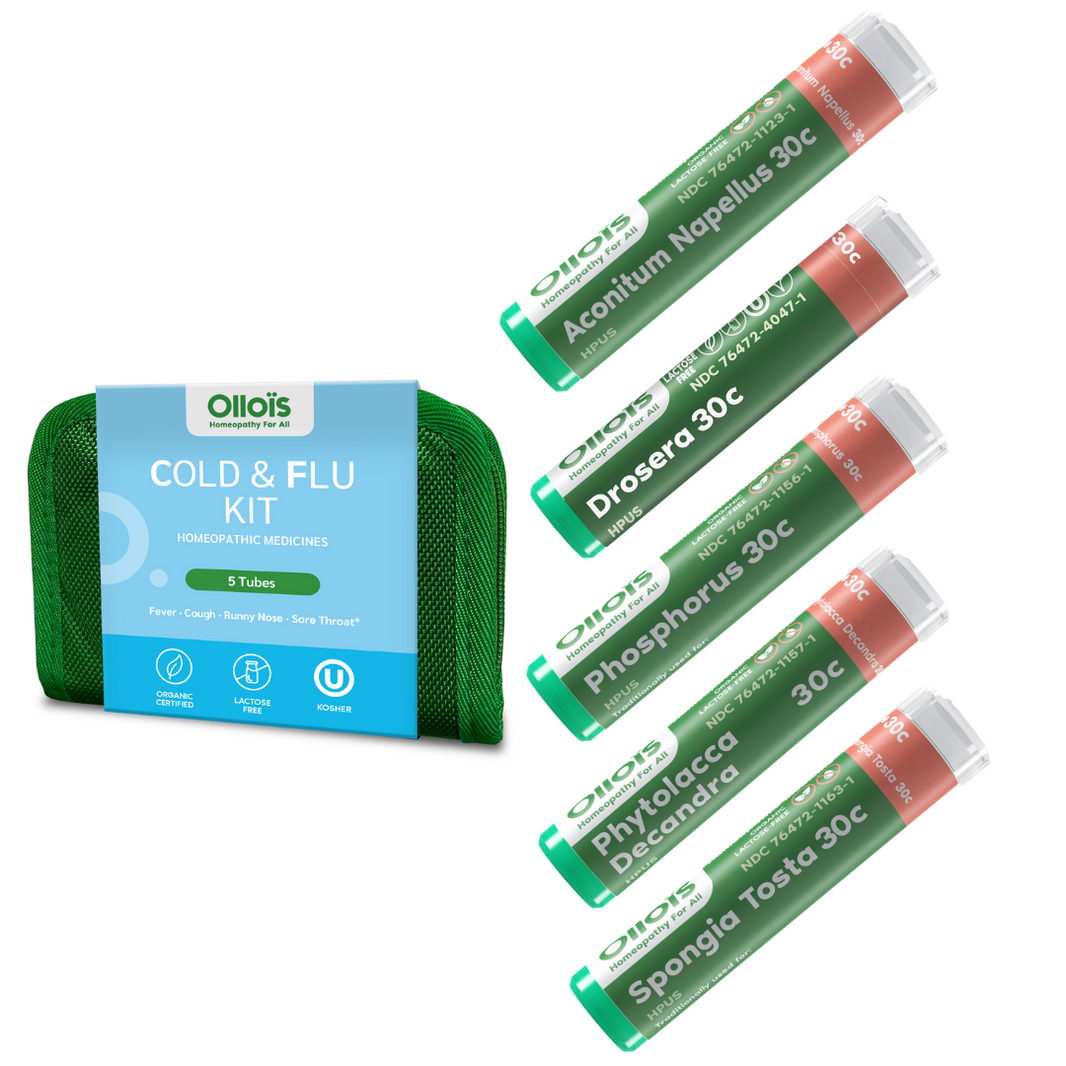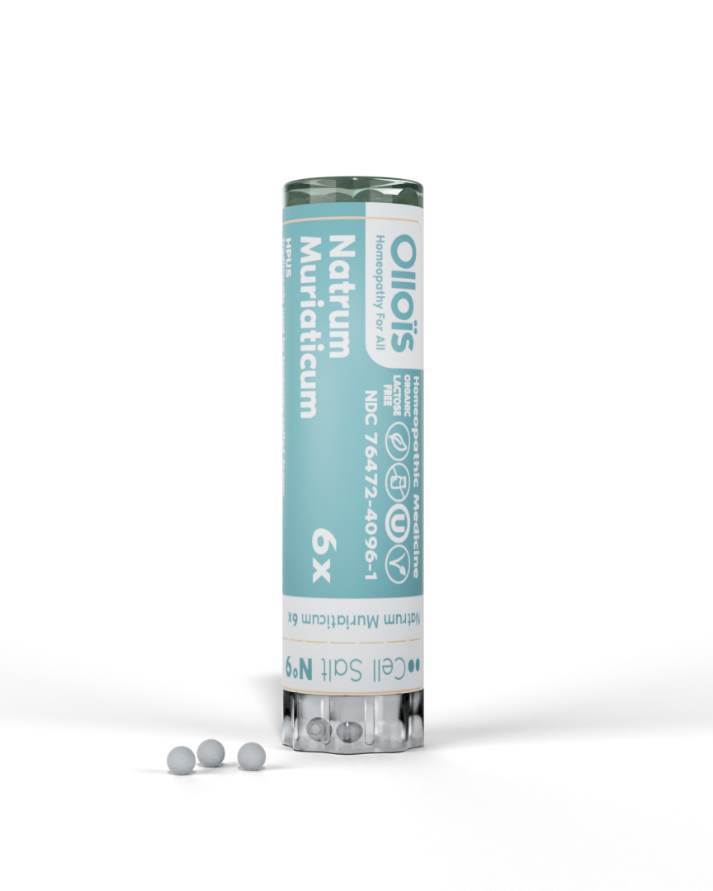Collection: Running Nose
Homeopathic Home Kit
Kali Bichromicum
Allium Cepa
Homeopathic Cold And Flu Kit
Cell Salt N°9 Natrum Muriaticum
A runny nose can be caused by a variety of issues. Anything that causes irritation or inflammation to nasal tissue can lead to a frequent nose blowing or wiping. The common cold, influenza, and seasonal allergies are causes that most can relate to.
The nasal irritation that comes with a runny nose also causes sneezing. Both of these are your body’s effort to reject dirt, bacteria and irritating allergens. The mucous of your nose traps these invaders so they can then be killed by the stomach acids. Sneezing, as part of the body’s defence, works to expel these irritants. Depending on the root cause, both of these conditions can result in the spread of germs and infection.
Living with a runny nose can be problematic. Whether you’re dealing with a contagious virus or not, the perception of those in a public setting will assume you are – and for good reason. Germs can spread rapidly when a sneeze sends microscopic water droplets great distances. And, without frequent handwashing and/or disinfecting, anything you touch can potentially leave germs and transmission sites of viruses and illness.
Homeopathic medicines for a runny nose can help make this condition much more manageable. Not only can they help alleviate the itchy and irritating feeling that comes with the condition, but can also minimize the discharge of mucous. This can reduce the redness, irritation and pain of the nostrils caused by frequent wiping and nose-blowing.
Learn more about the 100% natural medicines that can provide you and those around you some soothing relief from your runny nose.
FAQ
What is Homeopathy?
Homeopathy is a medical practice based upon the body's ability to heal itself, and the principle that "like cures like" or the Law of Similars: that is, if a natural substance causes a symptom in a healthy person, a very small amount of the same substance may help relieve symptoms of the illness. Homeopathic medicines enhance the body's normal healing and self-regulatory process.
How do I take homeopathic medicines?
Homeopathic medicated pellets contain only a little of an active ingredient for treatment of disease. These are known as highly diluted or "potentiated" substances. Homeopathic medicines should be placed under the tongue of adults and children or in the cheek of an infant, where they will dissolve. It is preferable to take homeopathic medicines apart from meals. The dosage is not related to the weight and age of the patient. In general, dissolve 5 pellets 3 times a day until symptoms are relieved or as directed by your health Care Professional.
Is there evidence that Homeopathy works?
There are literally hundreds of high quality, published basic sciences, pre-clinical and clinical studies showing that homeopathy works. These studies have been published in respected journals like Lancet, Pediatrics, Rheumatology, and Annals of Internal Medicine, among others.
A great source of high quality research in homeopathy at an
international level is the Homeopathic Research Institute in the U.K. headed by physicist, Dr Alexander Tournier. Click below to learn more about their studies and rigorous methods.
Is Homeopathy regulated?
The U.S. Congress passed a law in 1938 declaring that homeopathic remedies are to be regulated by the U.S. Food and Drug Administration (FDA) in the same manner as nonprescription, over the counter (OTC) drugs.
Is Homeopathy new?
The Law of Similars has been known since at least the time of Hippocrates (ca. 400 B.C.), but it was doctor and chemist Samuel Hahnemann who fully stated the ideas of homeopathy in the early 1800's in Germany. He discovered the truth of the Law of Similars by testing small doses of medicine on himself. Although there is wider acceptance of homeopathy in countries such as France, Germany, Mexico, Argentina, India and Great Britain, we have seen a greater interest in homeopathic medicine in the USA recently. In fact, the family doctor to England's Queen Elizabeth is a homeopathic physician.
What is the difference between the dilutions?
30C dilutions are traditionally used in Homeopathy to address general and chronic symptoms.
200CK dilutions are usually recommended by healthcare practitioners when there is an emotional component associated with physical symptoms.
Which base ingredient do you use for your pellets?
Our pellets are made from Organic Beet Sucrose exclusively grown in Europe. We then impregnate the pellets with the homeopathic dilution of the remedy.
How to open our tubes?
Are Olloïs remedies HAS/FSA eligible?
Yes, Olloïs homeopathic remedies are eligible.
 Respiratory
Respiratory
 Stress & Sleep
Stress & Sleep
